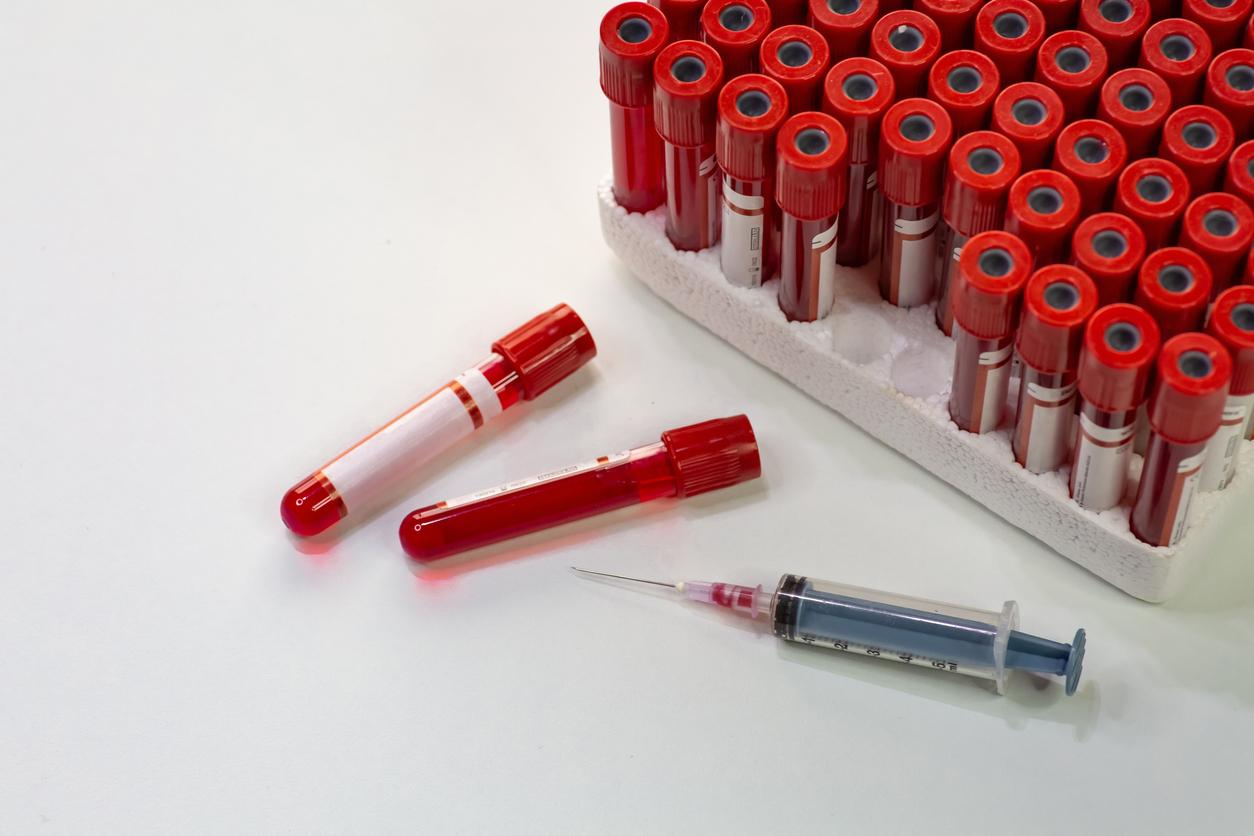Biological markers for long Covid have been identified in blood samples from people infected with SARS-CoV-2.

- Researchers have discovered biomarkers for long Covid.
- These are proteins visible in the blood of patients suffering from this pathology.
- It is more precisely the level of these proteins which indicates the presence of long Covid.
Of the “prolonged symptoms seen in some people after contracting Covid-19”, this is howWorld Health Organization (WHO) defines long Covid. For now, doctors rely on patients’ symptoms to establish the diagnosis of long Covid. But these can vary from one person to another and are not always specific – shortness of breath, muscular, digestive or even memory problems – which can delay diagnosis and treatment.
Long Covid: proteins showing immune system dysfunction and inflammation
A new study, published in the journal Science, could offer a new tool to establish the diagnosis: the presence or absence of certain biomarkers of long Covid in patients’ blood tests. The researchers of the University of Zurich, in Switzerland, have indeed discovered blood markers of this pathology. Specifically, these are proteins that show immune system dysfunction and chronic inflammation.
To achieve this result, scientists analyzed blood samples from 113 patients with Covid-19 and those from 39 uncontaminated people. After six months, only 40 patients still had symptoms and were diagnosed with long Covid.
In the work, the team studied proteins related to the complement system. The complement systemcorresponds to a cascade of enzymes [qui sont des protéines] participating in the body’s defense against infection“, according to MSD Manual. When a person is sick, it activates then returns to a resting state when the pathology is combated.
Protein variations as markers of long Covid
“In patients with long Covid, the complement system does not return to the resting state as it should but if it remains activated, it attacks healthy cells in different organs and damages or destroys them. explains Onur Boyman, head of the study, in a communicated. Continued activation of the complement system damages tissues and blood cells in patients with long Covid.
Scientists therefore discovered that this hyperactivity of the complement system was linked to a variation in some of the proteins that compose it. For example, they note an increase in C5b-C6 proteins or a decrease in C7. Thus, they believe that the levels of these proteins, visible in the blood of patients, could be markers of long Covid.
However, these results need to be confirmed by future studies because there are different types of long Covid, which suggests that each clinical form could have specific biomarkers.

















